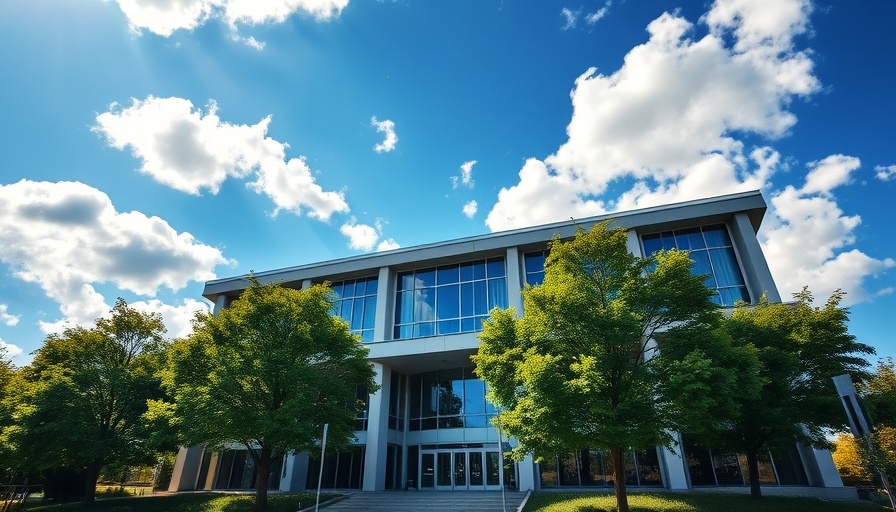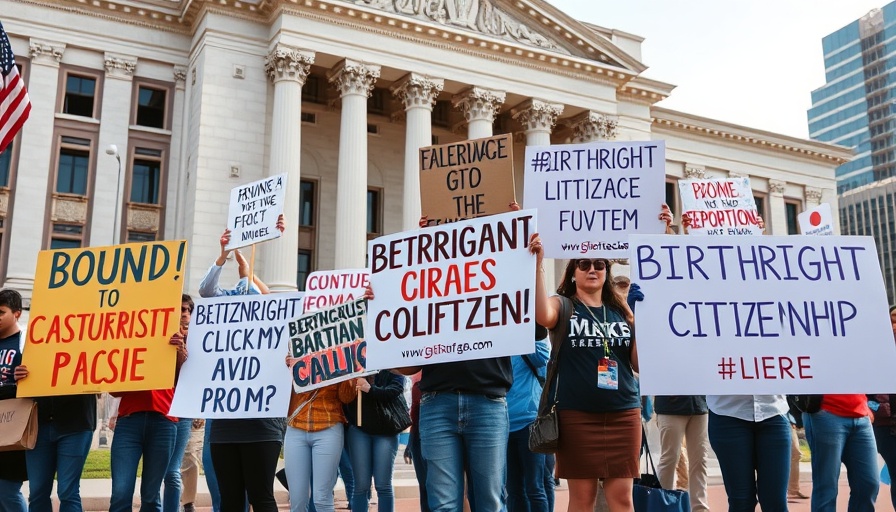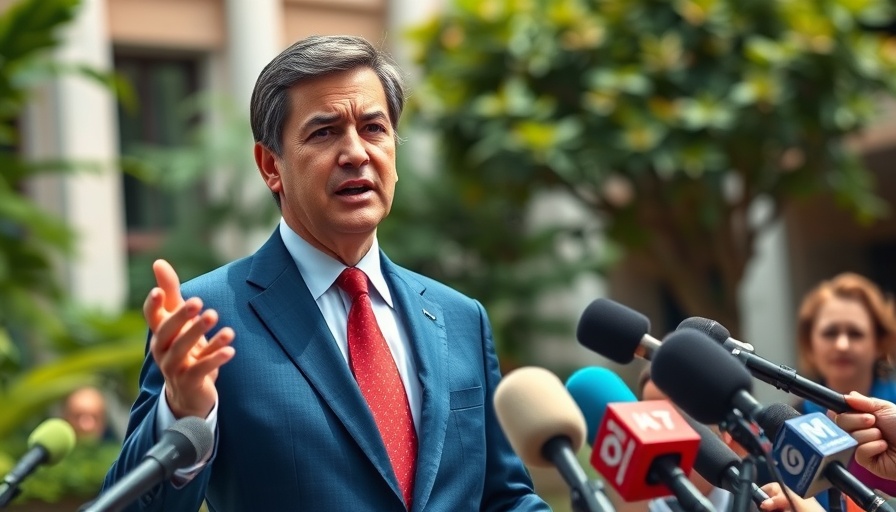
San Rafael Takes a Stand on Housing Accessibility
In a decisive move towards tackling a pressing local issue, the San Rafael City Council has approved an allocation of $600,000 to support three nonprofit organizations dedicated to affordable housing initiatives in the area. This funding demonstrates the city’s commitment to addressing housing needs amid a growing affordability crisis.
Understanding the Allocations
The approved funding, drawn from the city’s affordable housing trust fund, includes a generous $250,000 grant for the Marin Foster Care Association. This speaks to the city's dedication to helping vulnerable populations, particularly young adults who have aged out of the foster care system. The apartments on Park Street, secured through a $700,000 loan, provide not just shelter but vital support services for these young residents.
In a statement emphasizing the urgency of the need, Carolyn Flannery from the Marin Foster Care Association underscored, “Foster youth are our most vulnerable population.” This sentiment resonates strongly amid ongoing discussions around local housing solutions just like this one.
Community Voices Amplified
The decision to exceed the initial funding recommendation arose after hearing emotional pleas from community members. Flannery, who also founded Make It Home, a nonprofit that supplies furniture for those transitioning out of homelessness, pointed out the immediacy of the support needed for young people entering adulthood without familial support. “These young people can’t wait,” she said, stressing the value of current housing arrangements, which are ready for occupancy.
Ashley Hurd, the executive director of the Marin Foster Care Association, echoed these sentiments, highlighting the dangers faced by youth who are disconnected from family. Many are forced to relocate far from their familiar environments, making the challenge of adulthood even more daunting.
A Generous Proposal Shakes Up Funding Dynamics
In an unexpected twist, Jon White from Abode Housing Development, which plans to construct a significant low-income apartment complex, offered $100,000 of its own expected funding to ensure the Marin Foster Care Association received its full grant proposal. His willingness to prioritize the immediate need over long-term funding speaks volumes about community solidarity.
This gesture, noted by City Manager Cristine Alilovich, was praised to the extent that she remarked, “I don’t know that I’ve ever seen that sort of gesture in my 25 years of service.” The cooperative spirit displayed through these contributions highlights a community united in its quest for change.
Potential Impacts on Future Housing Developments
The push towards bolstered funding for affordable housing initiatives does not just address current needs; it reshapes the landscape for future developments in the city. The proposed six-story complex on 519 Fourth St. represents a forward-thinking vision that will provide additional low-income apartments and support services, demonstrating a proactive approach to the complexities of housing insecurity.
Moreover, city officials revealed that there is sufficient cash flow in the affordable housing trust fund to support both nonprofits—meaning these residents will likely continue to receive the aid they need. This ongoing investment indicates a strategic commitment to fostering sustainable community welfare.
A Broader Context: Affordable Housing Across Marin County
San Rafael’s recent initiatives reflect broader statewide conversations about affordable housing. With cities like San Anselmo and Mill Valley grappling with similar issues, San Rafael's committed funding could serve as a model for how local policies can be adapted to meet urgent housing demands.
During a time when housing markets appear increasingly competitive, this funding signifies hope for many local residents seeking affordable options amidst rising costs and stagnant wages.
Join the Movement: Supporting Affordable Housing Efforts
As local residents, your involvement could influence outcomes. Whether it’s advocating for similar policies, volunteering with local nonprofits, or simply spreading the word about these initiatives, every action counts. Engaging with organizations working to provide affordable housing can amplify the community's voice and ensure continued momentum towards supportive housing solutions.
By investing time and resources in affordable housing efforts, we share an invaluable opportunity to uplift our neighbors and foster a community built on care and understanding.
Conclusion
San Rafael's commitment to affordable housing is a landmark moment for the area, showcasing the significant potential for change when community voices unite. With substantial funding directed towards urgent needs, we can hope for a future where all residents have a place to call home. Keep engaged in local news updates to stay informed on how you can support and advocate for the well-being of your community.
 Add Row
Add Row  Add
Add 




 Add Row
Add Row  Add
Add 

Write A Comment